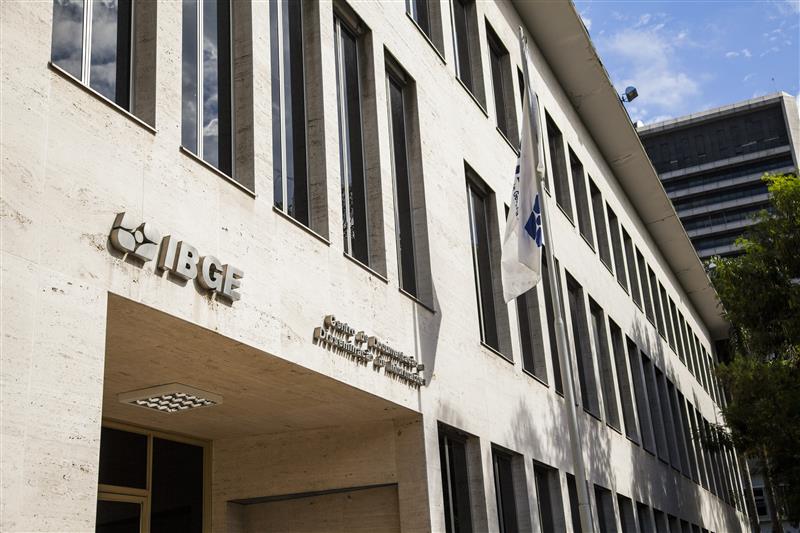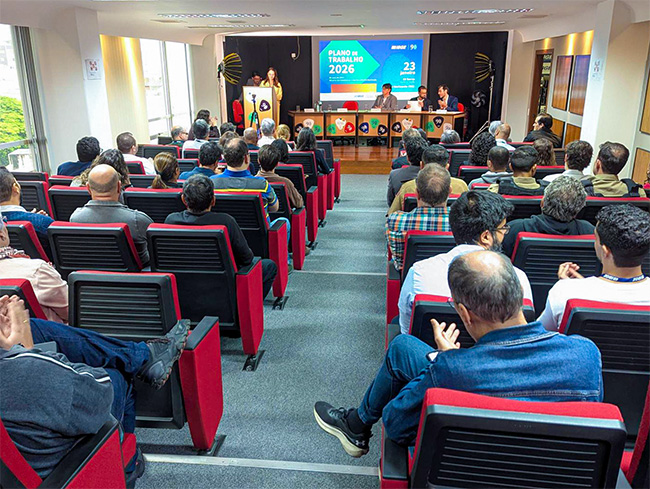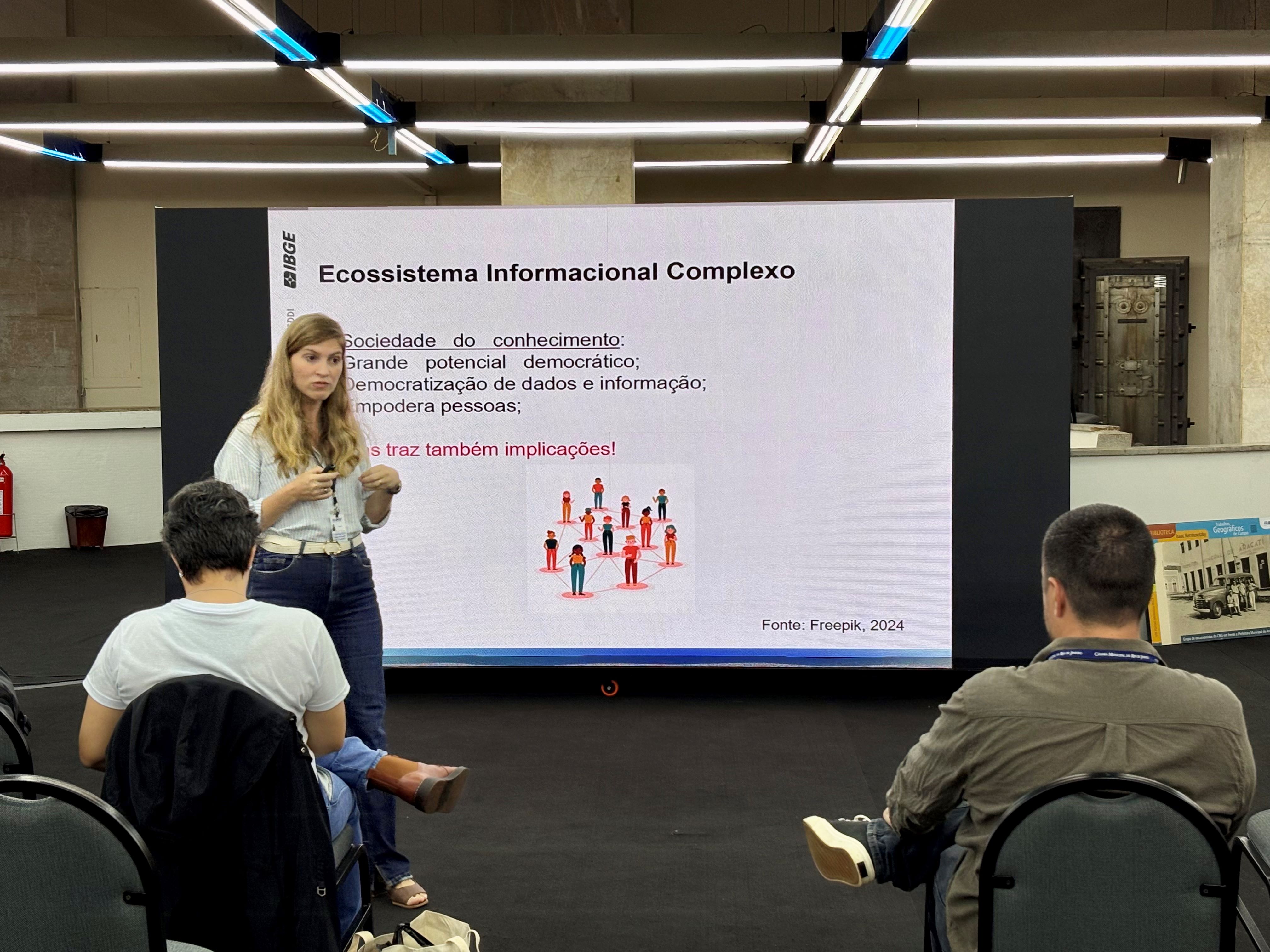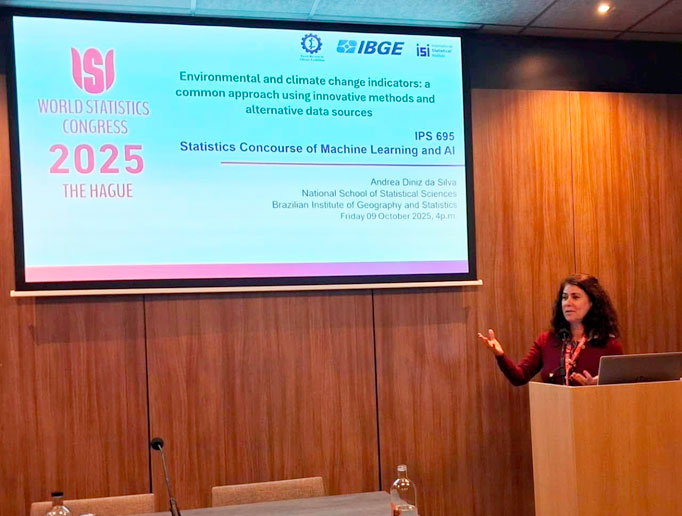Monthly Survey of Services
After three consecutive rises, services retreat 0.9% in August
October 17, 2023 09h00 AM | Last Updated: October 17, 2023 04h18 PM
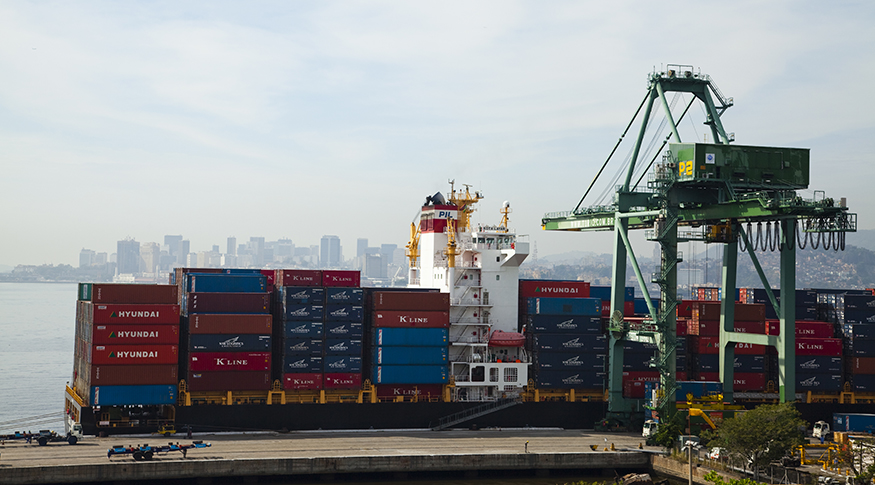
After gaining 2.1% in the May-July period, volume of services rendered in Brazil retreated 0.9% in August over the previous month. It was the most intense drop since April 2023, when the sector retreated 1.7%. Four out of five activities surveyed stayed on the negative side, highlighted by the sector of transportation (-2.1%). With this decline, the services sector was 11.6% above the level of February 2020 (pre-pandemic) and 1.9% below the figure in December 2022 (peak of the time series). Released today (17) by the IBGE, these data come from the Monthly Survey of Services (PMS).
The sector of transportation exerted the major influence on the result and registered a negative rate in all the transportation types: land (-0.9%), waterway (-1.3%), air (-0.3%) and storage, support services to transportation and mailing (-5.5%).
According to Rodrigo Lobo, manager of the survey, the result of transportation was mainly leveraged by the retreat in the activities of management of ports and terminals and of road transportation of cargo.
“Management of ports and terminals, which is included in the sub-sector of storage, support services to transportation and mailing, has been losing pace for a while, recording an important impact on the survey. Cargo transportation, in turn, peaked in July 2023, i.e., its comparison basis was very high,” highlights him.
Lobo explains that, since the post-pandemic, road transportation of cargo had been showing a growth in the revenue, firstly due to the boom in the e-commerce, which increased the demand for road freight, and later influenced by the dynamism of the agricultural production, which has been showing record harvests. However, the manager stresses that, historically, the agricultural production is more concentrated on the first semester of the year “Let´s check how cargo transportation will behave in the second semester with a less thriving agricultural production,” stated him.
By type of use, volume of cargo transportation retreated 1.2% in August 2023, after advancing 5.7% between May and July. Therefore, this segment stands 1.2% below its peak in the time series (July 2023). On the other hand, passenger transportation grew 0.7% over the immediately previous month in the seasonally-adjusted series, thus recovering part of the loss of 2.0% reported in the June-July period.
After accumulating a gain of 4.8% between April and July, services rendered to families retreated 3.8% in August, registering the second biggest negative impact on the overall index. “This sector now offsets most of that gain, mostly due to restaurants and hotels, which are the major components in terms of weight,” says the researcher. He also highlights that July is a vacation month, when families increase the consumption of food services and accommodation, thus rising the comparison basis for the coming month.
The sector of services rendered to families remains the only one to stay behind the pre-pandemic level, standing 5.8% below the level of February 2020, after recording the lowest distance ever since in July (-2.1%).
The third most important negative impact came from the activity of information and communication (-0.8%), which reports the second consecutive drop, accumulating a retraction of 1.0%. “That drop was due to losses in the revenue of consulting companies in information technology, as well as in telecommunications,” explains him.
The activity of other services registered the fourth negative impact (-1.4%), influenced by a lower revenue coming from securities brokerages, as well as from support activities for agriculture.
On the other hand, the only activity to grow was professional, administrative and complementary services, which increased 1.7% in August, the most intense rate since March 2023 (3.8%). Cleaning activities, legal activities and engineering services stand out in this sector.
The drop in volume of services in Brazil over the previous month was noticed in most (19) of the 27 Federation Units. Among the places with negative rates, the most important impact came from São Paulo (-1.2%), followed by Minas Gerais (-1.8%) and Bahia (-2.8%). In contrast, Mato Grosso do Sul (7.5%), Paraná (0.4%) and Rio de Janeiro (0.2%) exerted the major positive contributions this month.
In the year, the services sector accumulates a rise of 4.1% over the same period last year. The cumulative index in 12 months was 5.3%.
Services advance 0.9% compared with August 2022
The services sector advanced 0.9% compared with the same period a year ago, registering the 30th consecutive positive rate, though the lowest one in the sequence. Nevertheless, the expansion occurred in only two out of five activities released and in 49.4% of the 166 types of services investigated, standing below 50% for the first time since March 2021, when the services investigated grew 44.6%.
Among the sectors, professional, administrative and complementary services (5.6%) exerted the major positive impact, followed by information and communication (2.4%). Conversely, other services (-6.2%) exerted the major negative influence on the total volume of services. The other retreats came from transportation, support services to transportation and mailing (-1.2%) and services rendered to families (-1.5%).
Tourism activities retreat 1.5% in August
After rising 0.9% in July, the index of tourism activities retreated 1.5% in August. The segment is 4.3% above the level of February 2020 and 3.1% below the peak in the time series, hit in February 2014.
“Like in services rendered to families, the aggregate of tourism activities was also impacted by the drop in accommodation and food, influenced by post-vacation period after July,” explains Lobo.
Seven out of 12 places surveyed followed that retraction movement, highlighted by São Paulo (-4.4%), Bahia (-6.1%), Pernambuco (-8.1%), Rio de Janeiro (-1.8%) and Rio Grande do Sul (-4.1%). On the positive side, Paraná (2.6%), Goiás (1.8%) and Santa Catarina (1.1%) stood out.
More about the survey
The PMS produces indicators to monitor the short-term behavior of the services sector in Brazil. The survey investigates the gross revenue from services in formal enterprises that employ 20 or more persons, in which the main activity is a non-financial service, excluding the areas of health and education. It produces results for Brazil and all the Federation Units. Results are available on Sidra.
This is the eighth release of the new time series of the survey, which updated the sample of enterprises, as well as included methodological changes to portray economic changes in the society. They are updatings already scheduled and periodically implemented by the IBGE. The next release of the Monthly Survey of Services will be on November 14.




